Gluten-sensitive and Celiac disease require special dietary needs, and beans are a great option! But are beans gluten-free really? Find out the answers to the types of beans and legumes you should add to your gluten-free diet.
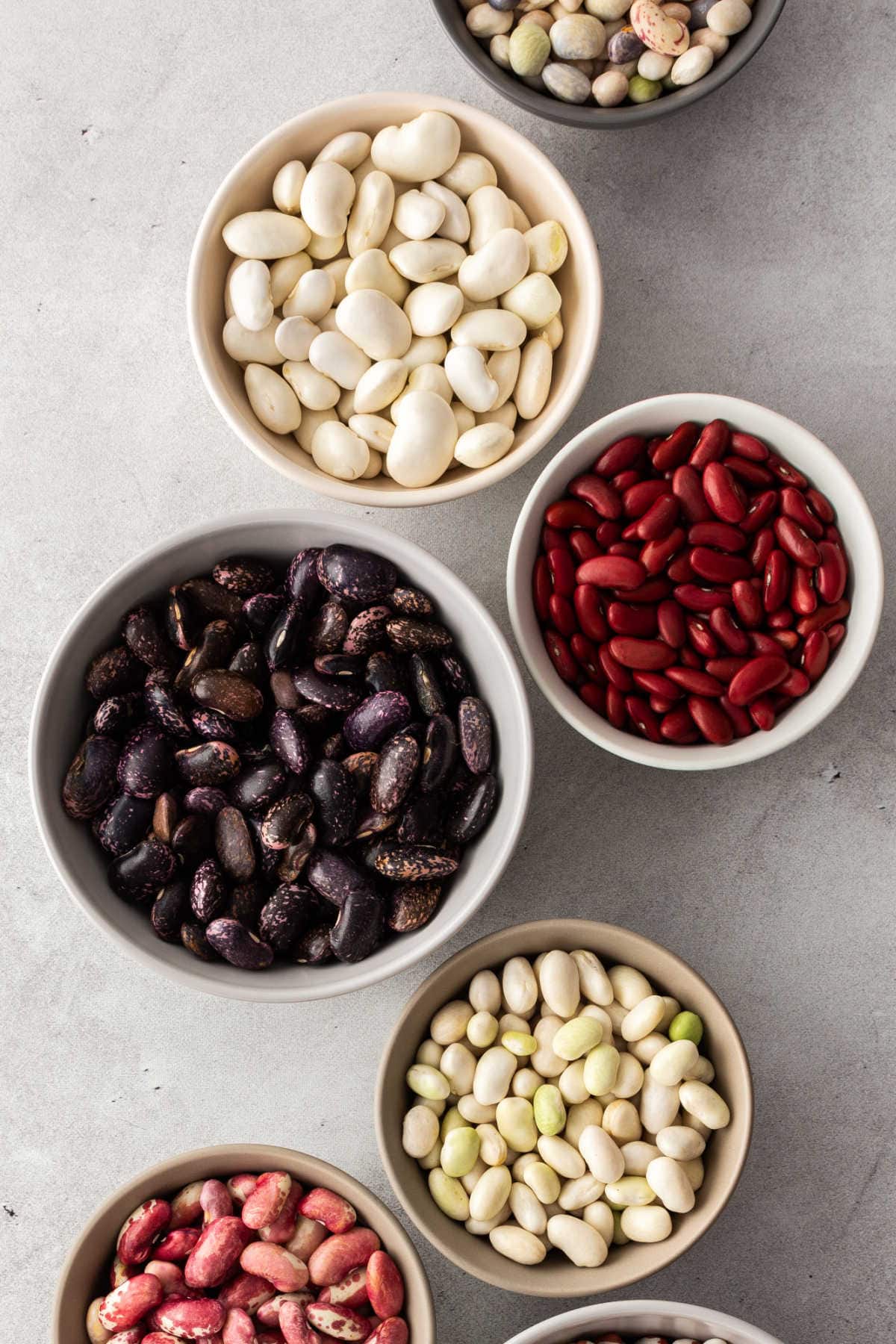
Are beans a gluten-free food
Yes! Beans are naturally gluten-free and one of the most nourishing vegetarian sources of protein and fiber. The types of beans that are most common include black beans, pinto beans, kidney beans, navy beans, and legumes such as peanuts and chickpeas (garbanzo beans).
We answer questions you might have about why are beans gluten-free, and recipes to add them to your diet. Read on to discovery why beans do not contain gluten and how they can help keep you healthy.
Jump to:
Types of beans that are gluten-free
- black beans
- kidney beans
- pinto beans
- chickpea (garbanzo beans)
- navy beans
- black-eyed peas
- cannellini beans
- great northern beans
- lima beans
- fava beans
- mung beans
- soybeans
- adzuki beans
- edamame soybeans
Are beans gluten-free? Yes, they are! Most lentils are gluten-free too. Be careful when choosing canned beans as some may have traces of additives and wheat or flour that has gluten.
Always make sure to read packaging to see that both raw and any canned beans are certified gluten-free to ensure there is not wheat that may have cross contaminated into the beans.
Beans and lentils should always be consumed cooked and not eaten raw.
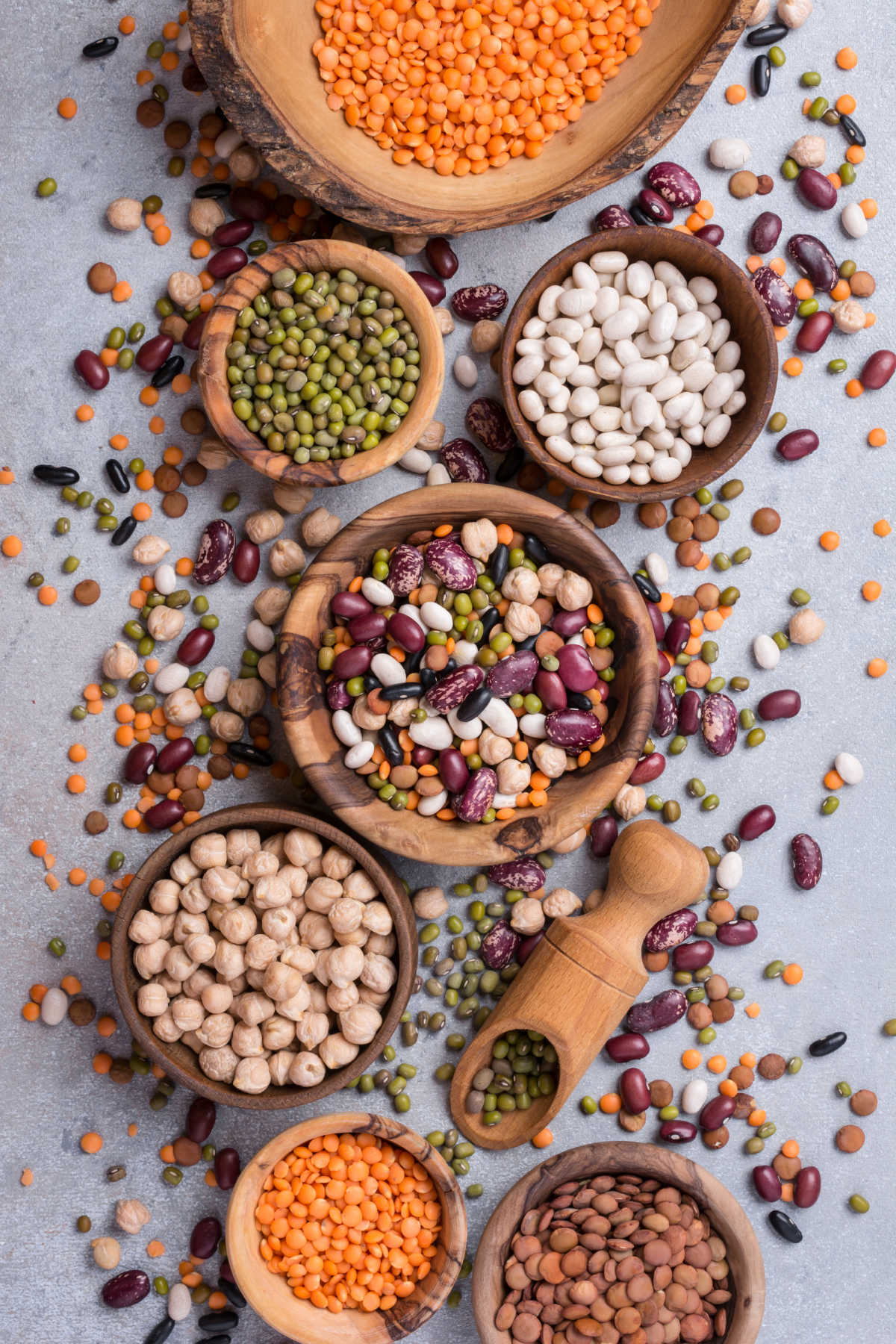
Storing beans
Store raw beans in a cool dry place in a sealed bag or container. They should be kept in a pantry.
Cooked beans such as black beans, chickpeas, and pinto beans should be stored in the refrigerator and consumed within 3-5 days. The beans will start to have a strong rotten odor when they spoil.
Cooking beans
You can easily cook raw beans on the stovetop and make your own chickpea salad, aquafaba, baked beans, white bean soup, and bean dip.
Check out this recipe for how to cook black beans on the website here.
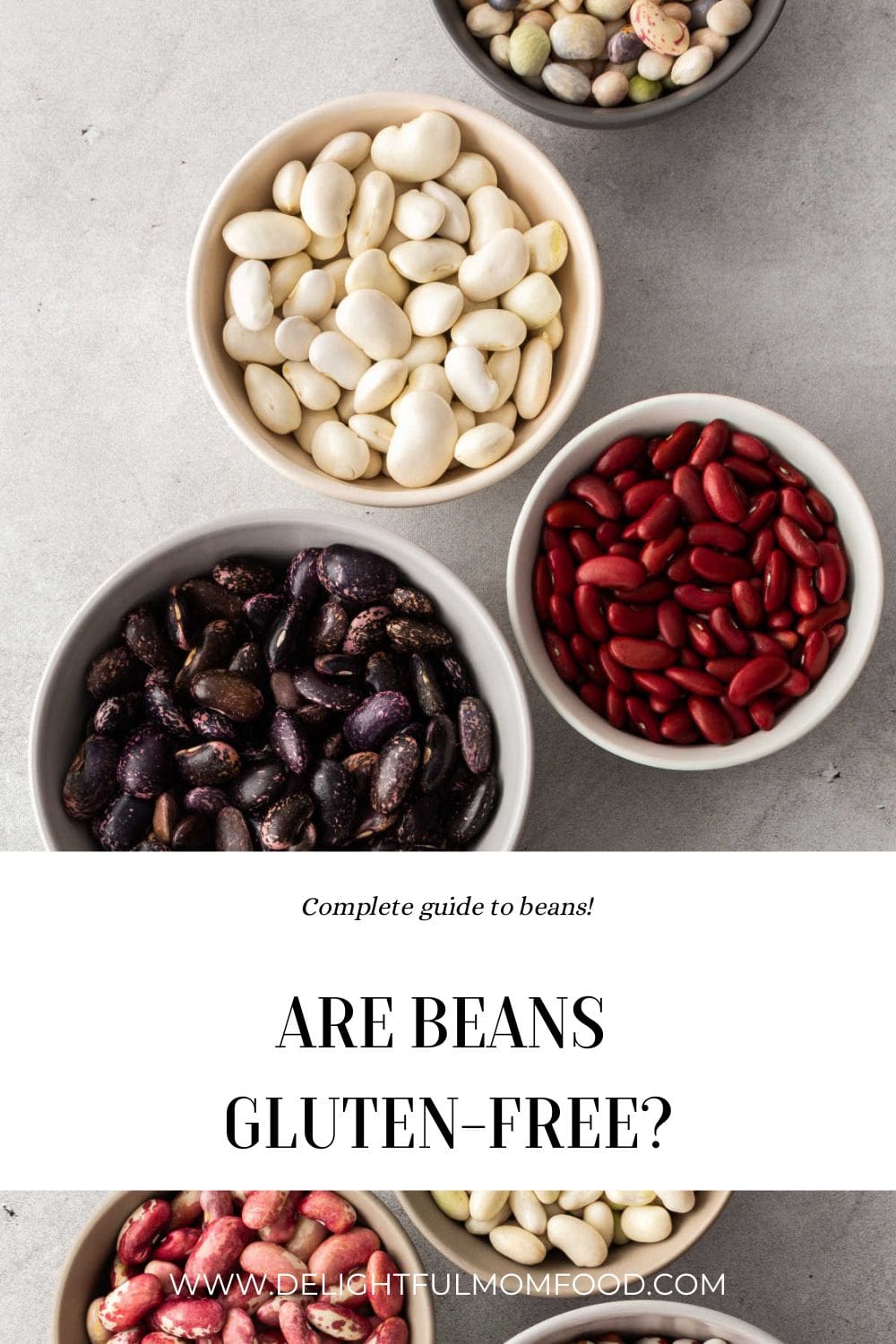
Are beans gluten-free FAQ's
Beans are naturally gluten-free but canned beans like baked beans are likely to have traces of wheat added to them as thickening agents. Raw beans are always safe but must be cooked first before consuming.
Soaking beans before cooking cuts down on the lengthy amount of time it takes to boil the beans. For a shorter cooking time, soak raw beans and legumes first for a couple of hours before cooking and add salt after they are cooked.
Celiac disease is one where individuals should avoid wheat, certain grains, oats - unless they say certified gluten-free, barley, and rye. Some foods are processed in a factory where there is wheat so always check with a manufacturer. Beans and legumes are naturally a gluten-free food and typically safe to eat.
Certain baked beans are gluten-free, but always check with the manufacture first. If you are afraid to buy store-bought baked beans you can always make our homemade gluten-free baked beans recipe. It is a super simple recipe and so delicious!
Certain Heinz baked beans are gluten-free with no artificial colors, flavors or preservatives. Make sure to read the can to if says they are as some variations may have cross contamination when made in the factories, depending on what country it is made in.
Conclusion
Beans are a wonderful gluten-free food to add to your diet. They are full of nourishment, fiber, iron, and plant-based protein. Eating them cooked daily is a wonderful way to stay healthy!
Hope this article is helpful on are beans a gluten-free food from Delightful Mom Food. Follow along with me on INSTAGRAM, PINTEREST, FACEBOOK, YOUTUBE and TWITTER to be featured and for more recipe inspiration! And don't forget to rate the article in the and leave a comment below!

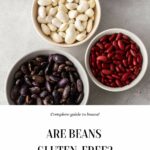
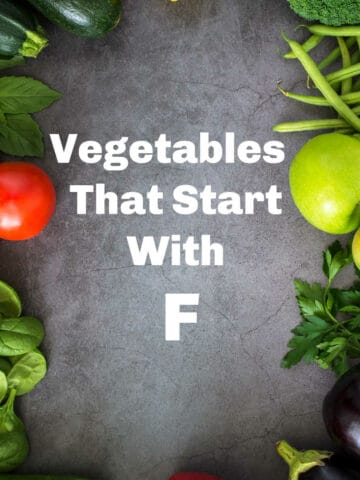
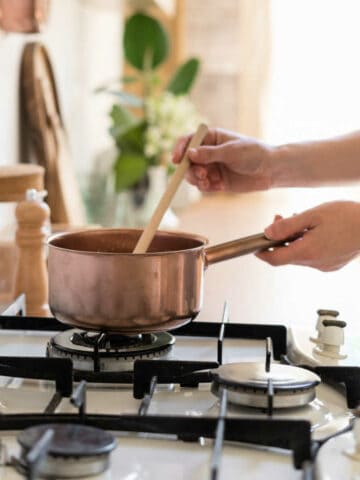
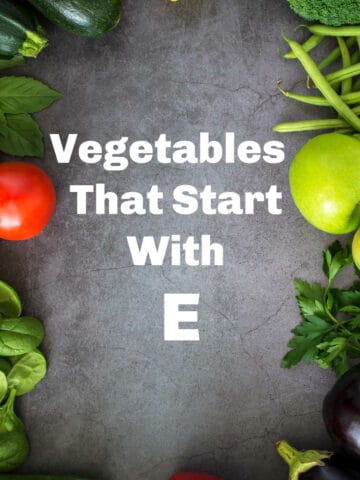


Leave a Reply